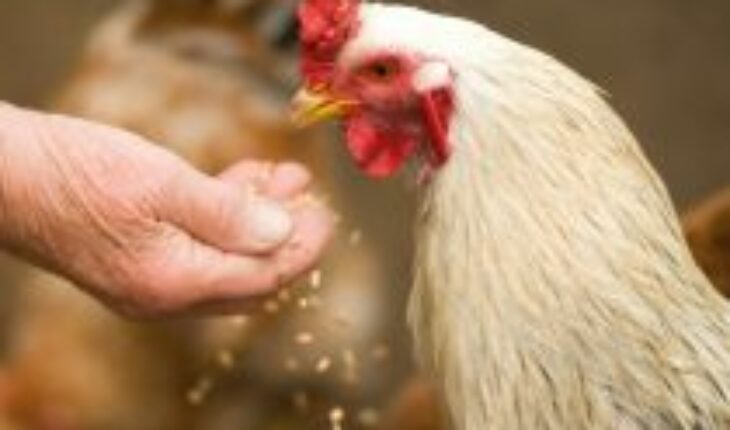A high degree of concern exists at the national level about the expansion of avian influenza, after the virus was detected in an Agrosuper production plant in Lo Miranda, in addition to having been found in twelve regions of the country, mainly in wild animals.
In this regard, the Agricultural and Livestock Service (SAG) reported the suspension of the certified export of poultry products, a determination that was notified to all trading partners.
But what is the danger of bird flu to humans? The veterinarian of the Institute of Health Sciences of the University of O’Higgins (UOH) Miguel Orsola points out that any type of contact with birds that may be contaminated or dead should be avoided.
“It is a highly variable virus that can recombine, that is, if any organism is affected by two virus strains, they can form a new, more dangerous strain. Therefore, the virus must be prevented from passing from animals to people, so that a possible recombination does not occur and could be transmitted from person to person, “he says.
Human infections with avian influenza viruses can occur when the virus enters a person’s eyes, nose, or mouth, or if they are inhaled. This can happen when the virus is in the air (in droplets or possibly dust) and a person inhales it while breathing, or also if a person touches something contaminated with the virus and then touches their mouth, eyes, or nose.
“When having contact with poultry, I hope to wear gloves and a mask, for example, when cleaning. Do not use the same clothes that are used at home in the corral, this will help reduce the possibility of contagion. The main thing is that you do not have to have any contact with birds that you suspect of disease or dead birds, “emphasizes Miguel Orsola.
“In addition, prevent pets and wild animals from having contact, from entering the same places where birds are kept, since the virus can ‘jump’ from one species to another,” he adds.
Worldwide human infections with avian influenza viruses have been reported, most often after close or prolonged unprotected contact with infected birds or places where infected birds were present or if they had contact with their saliva, mucous membranes and feces.
Diseases in humans have varied in severity, from asymptomatic cases or mild cases (eye infection, respiratory tract symptoms) to severe illness (pneumonia) resulting in death.
“Many people have reacted with a lot of fear regarding the appearance of influenza in a slaughter plant. We must reduce alarmism because, so far, the disease is not transmitted from person to person and the virus in the environment is very weak, “says the specialist.
“Of course, it can resist a longer time when protected by organic matter, because the virus is expelled via secretions, feces, etc. For this, it should always be cleaned with boiling water, and then use disinfectants. It must be emphasized that there is no evidence of contagion by consumption of poultry meat, “he concludes.
Follow us on





